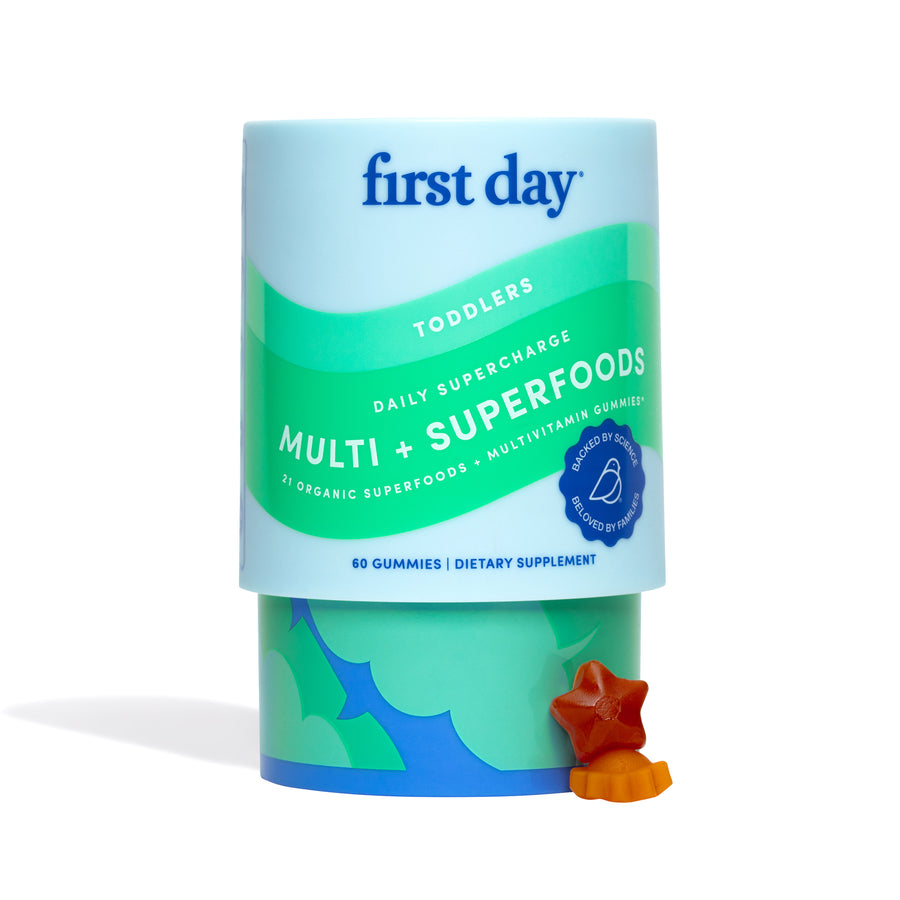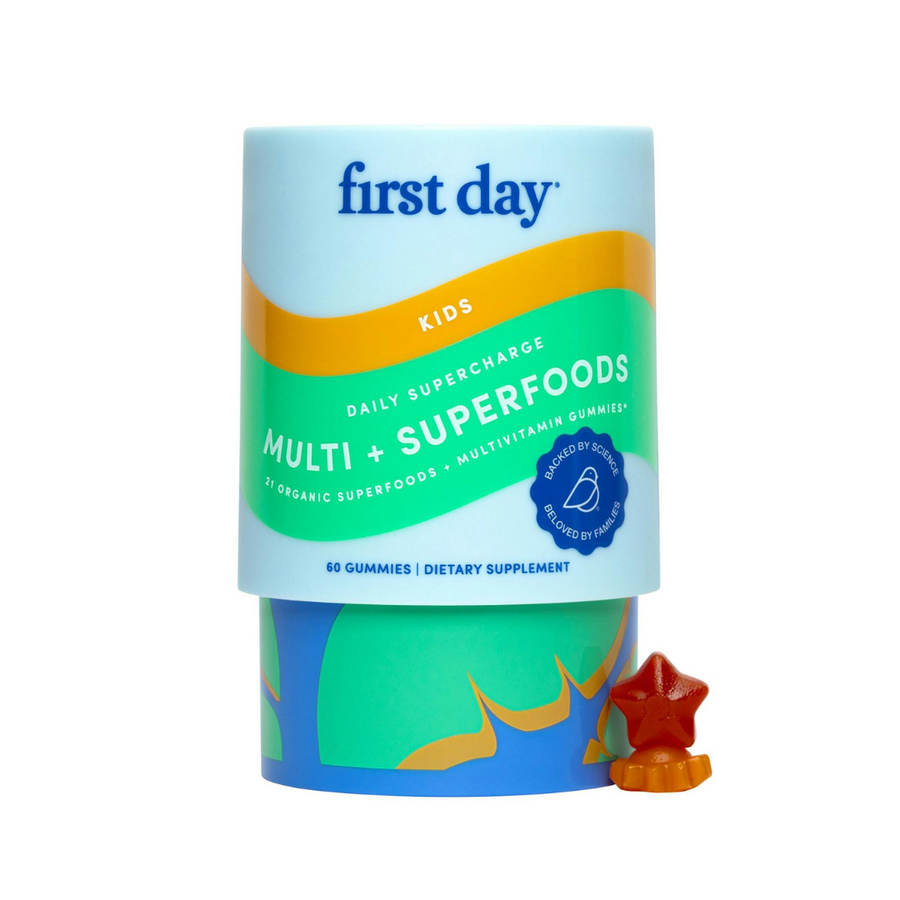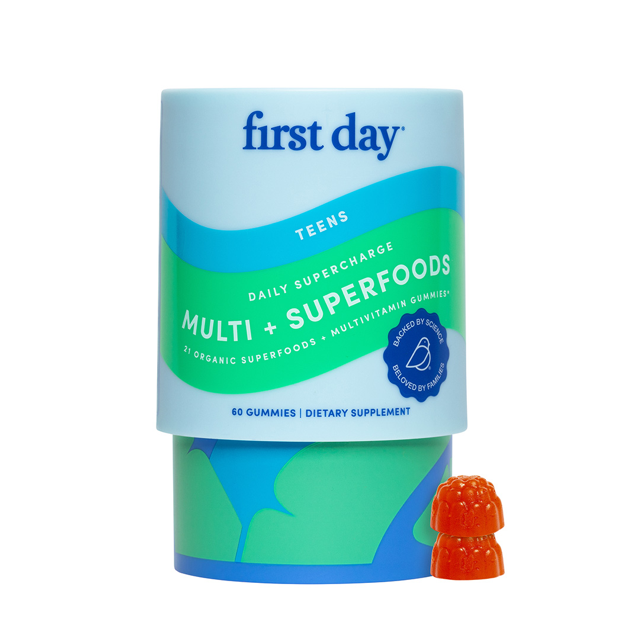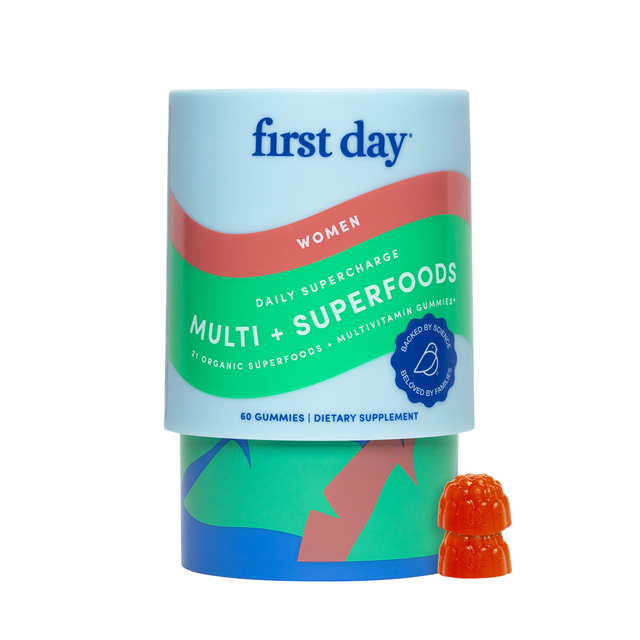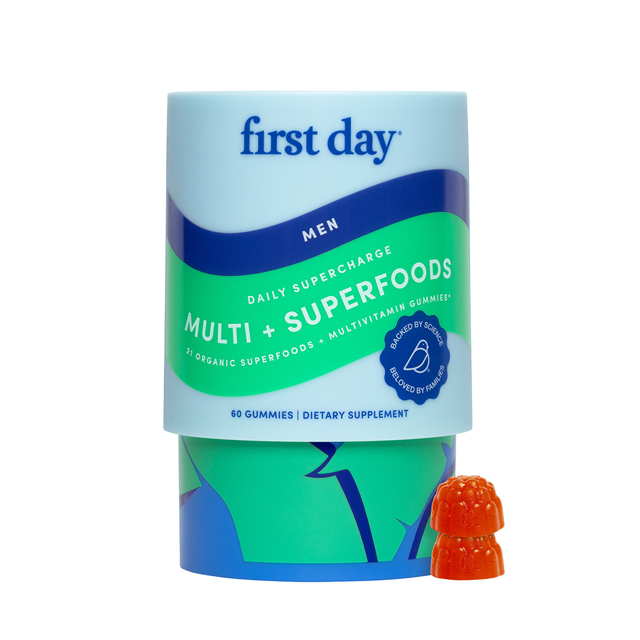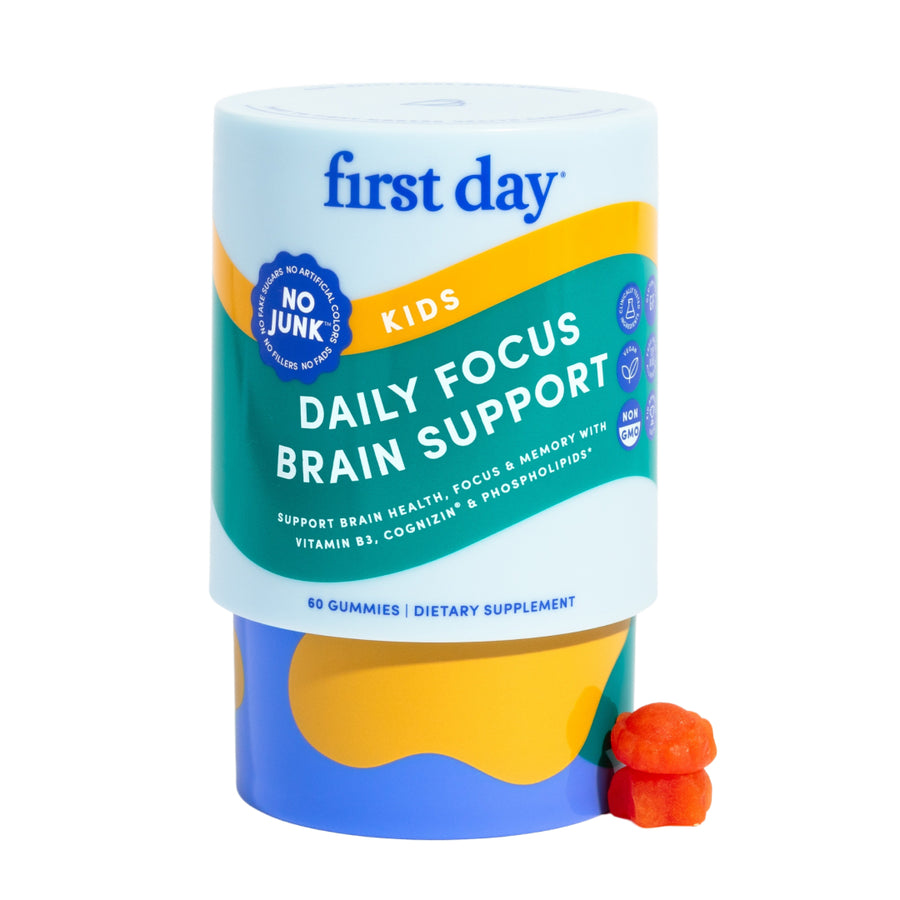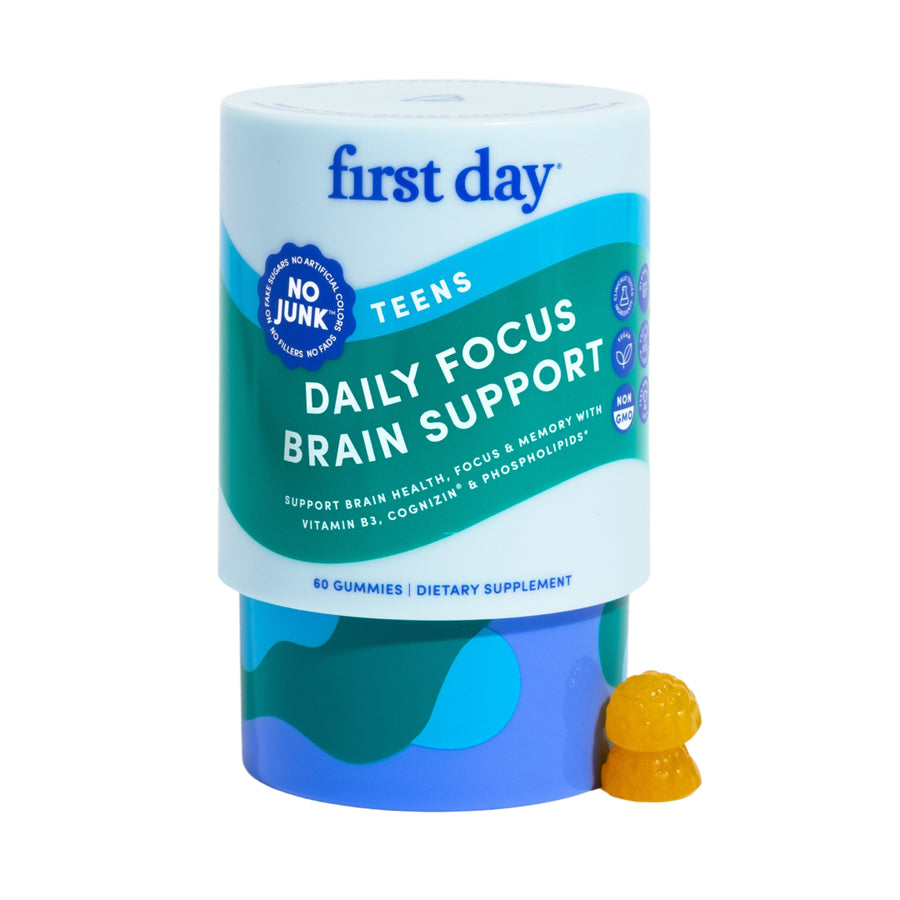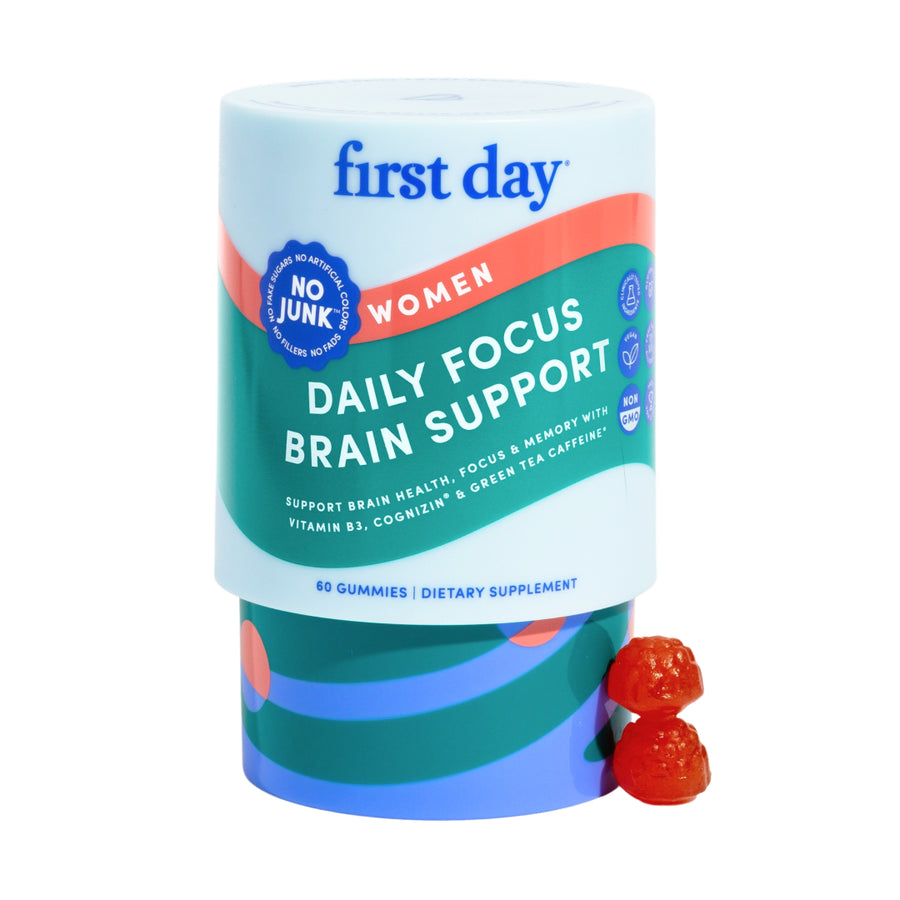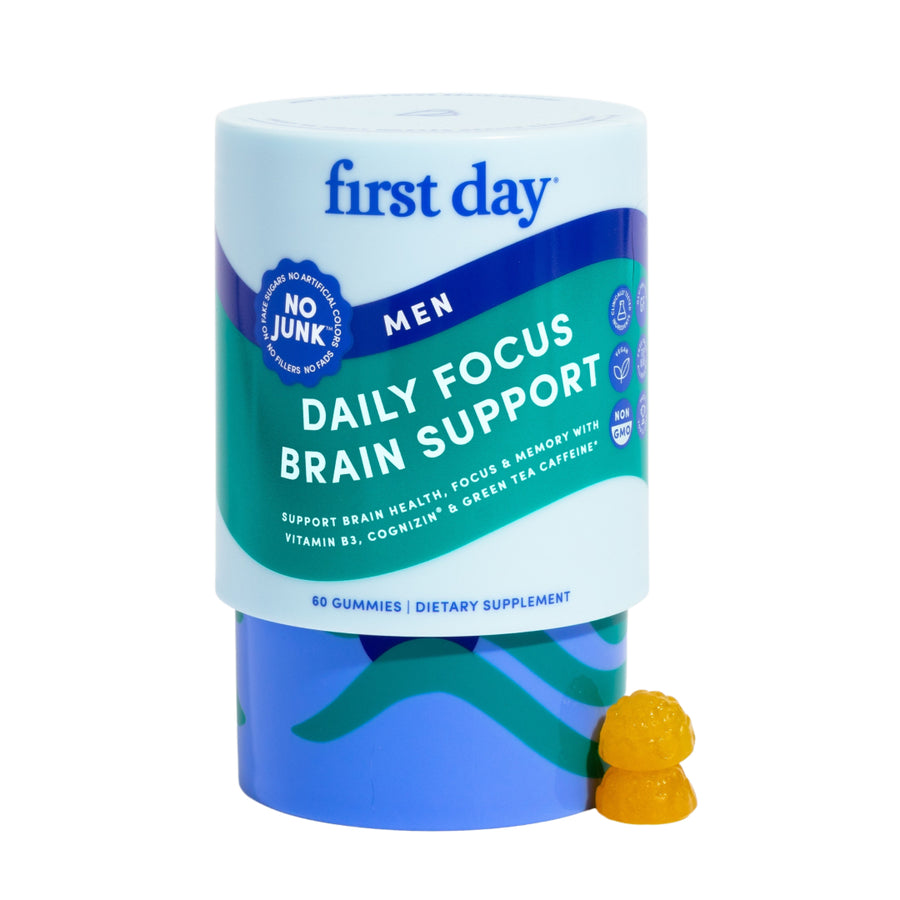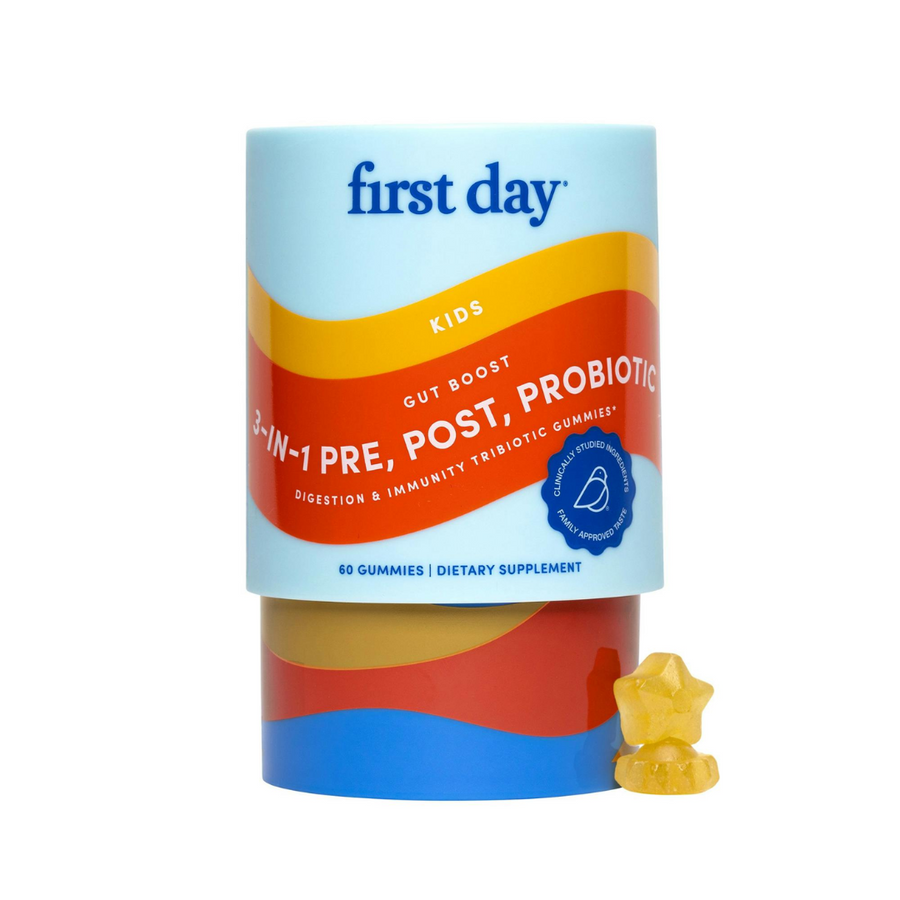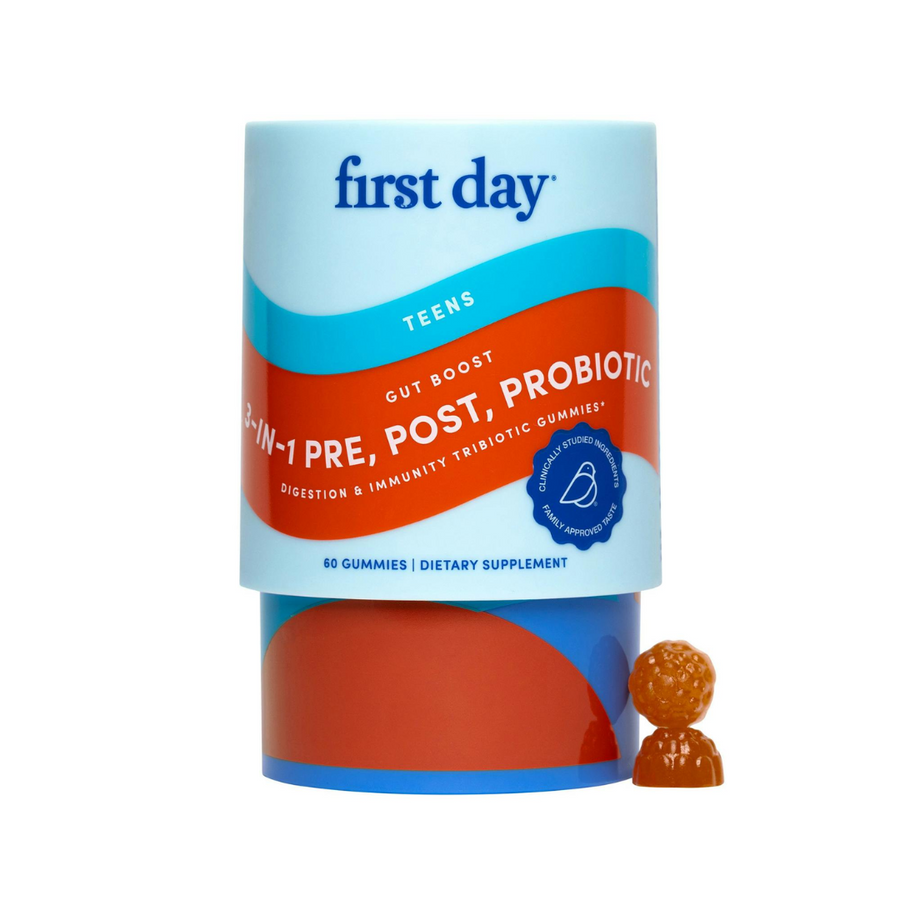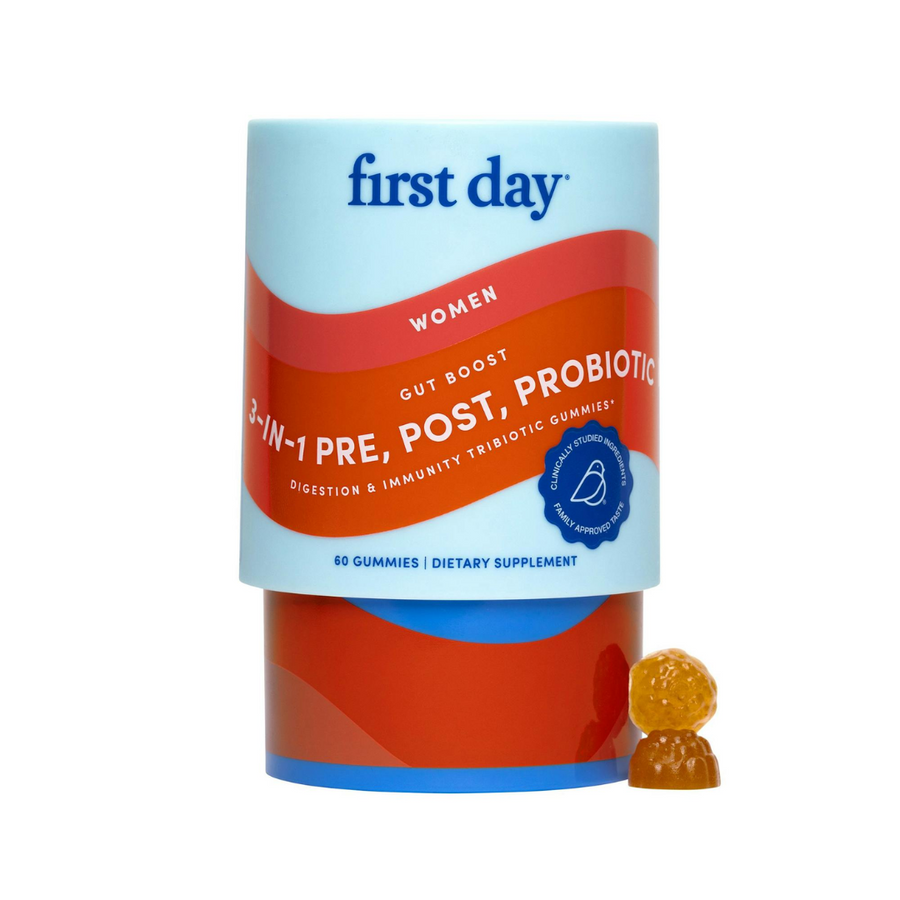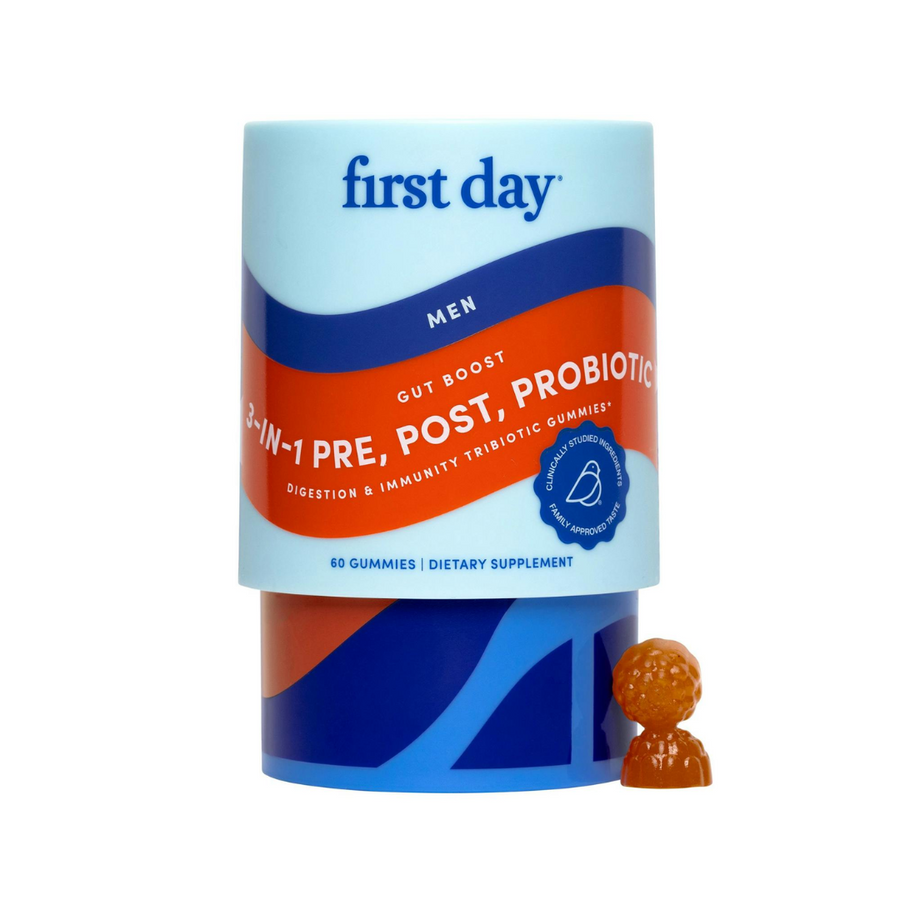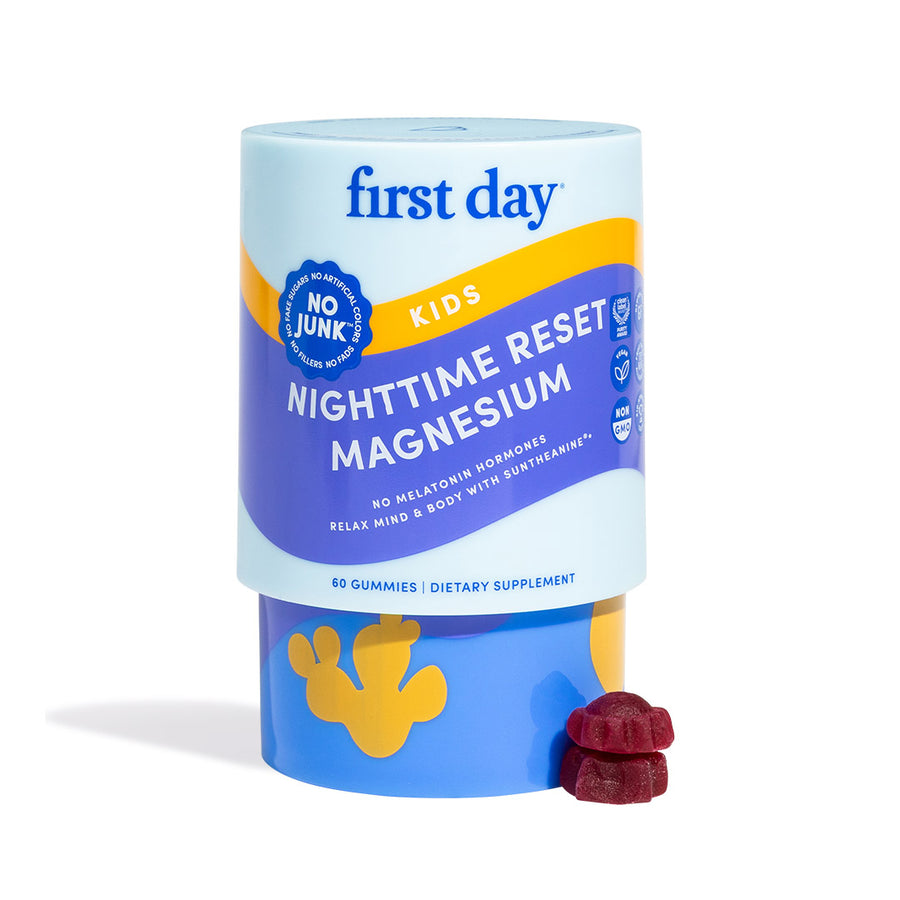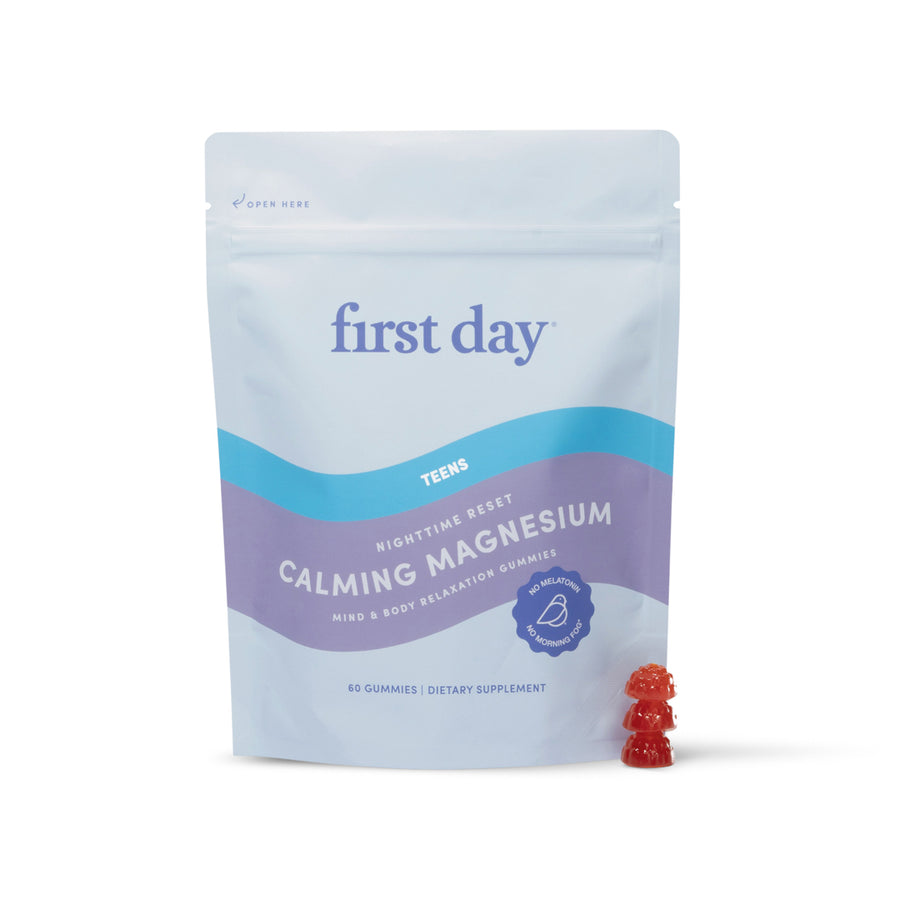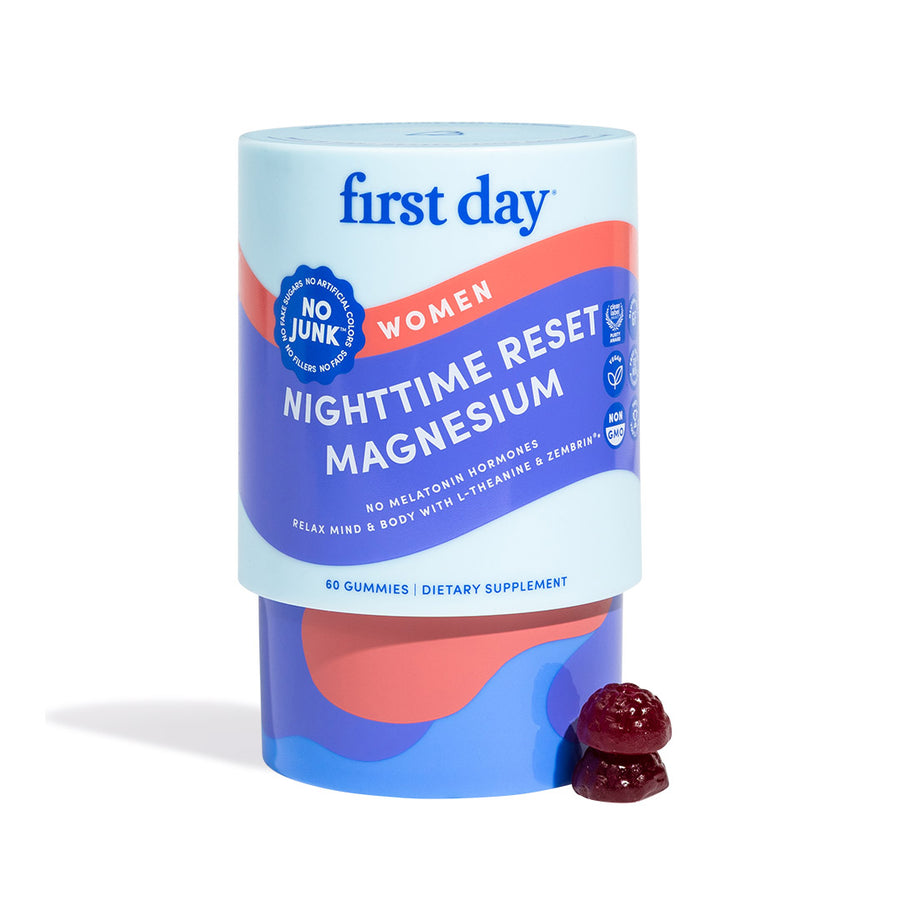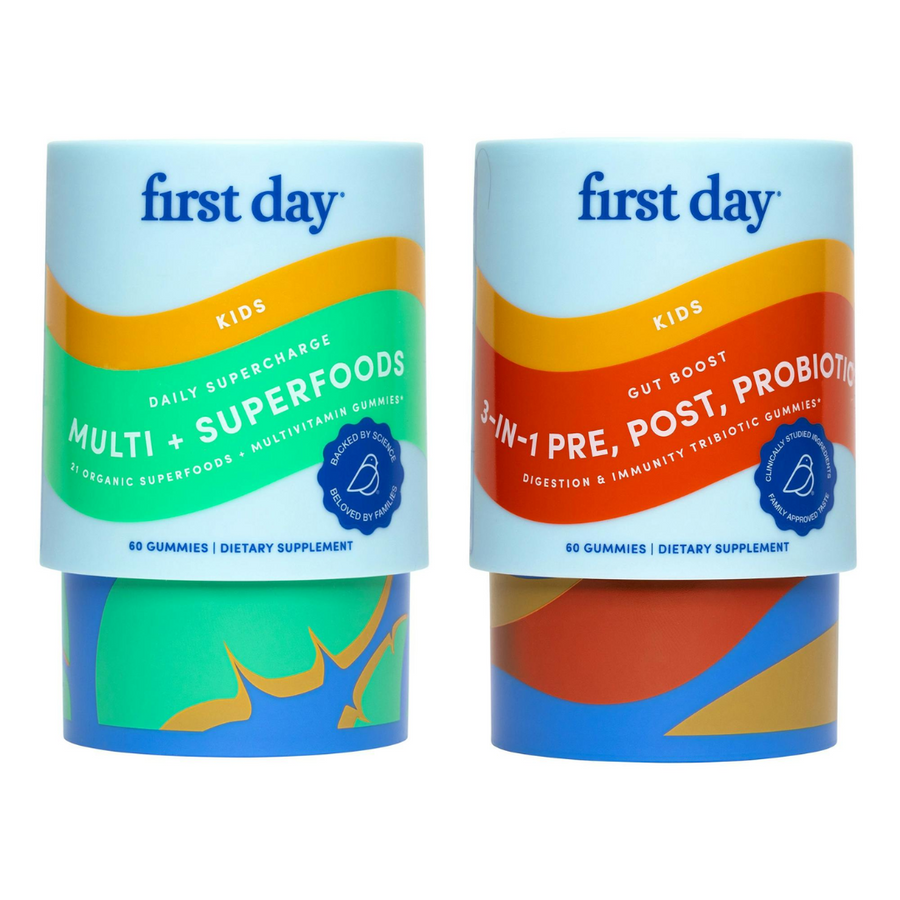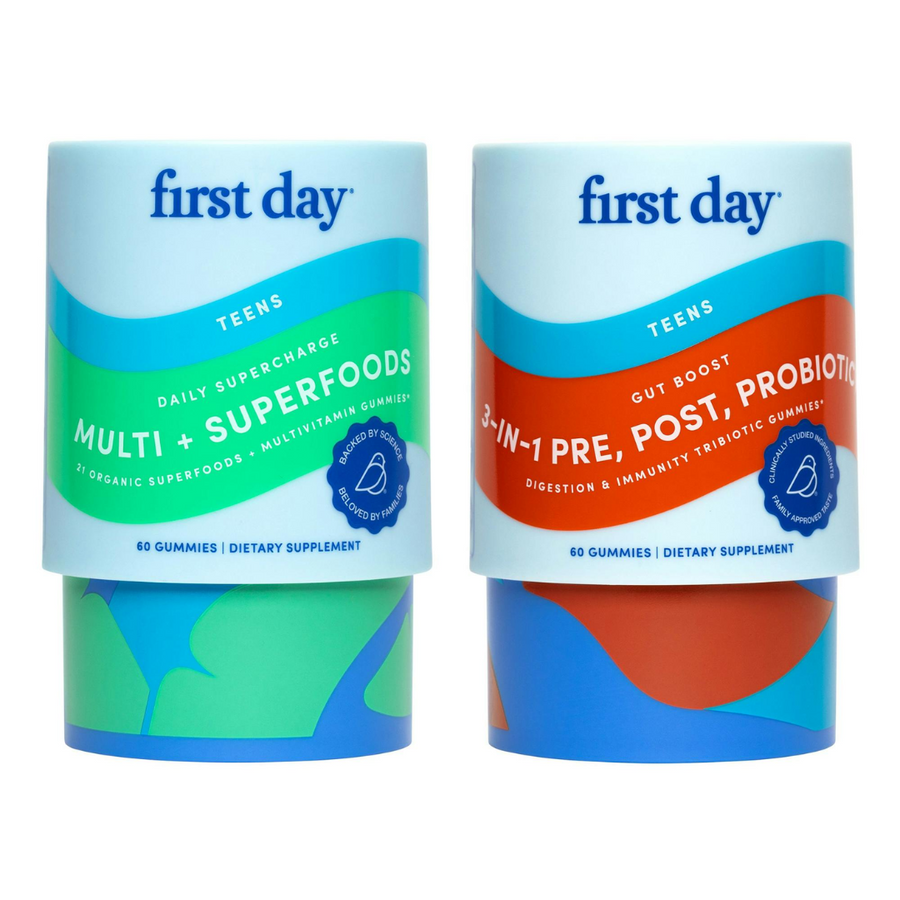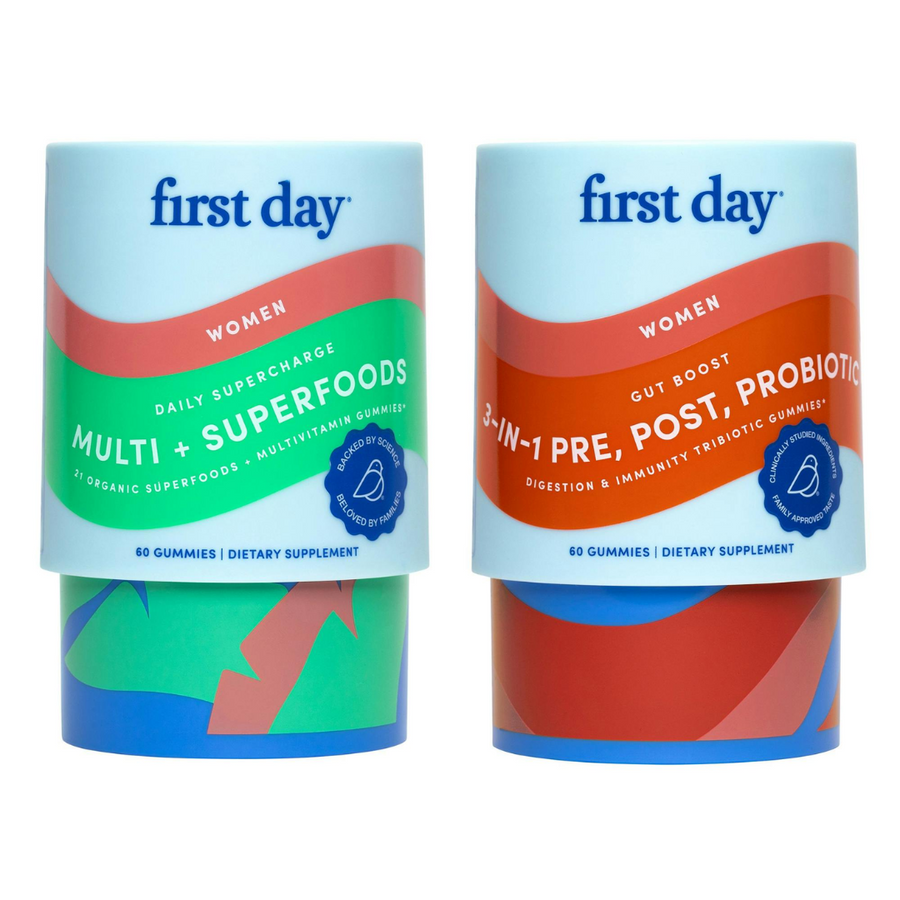Data from the U.S. News & World Report recently reported that Americans spend billions annually on dietary supplements but don’t know what they are buying or how to calculate the expiration date .
Researchers at NSF International looked at the actual storage conditions 67 different vitamin supplements bought in America and found 30 of the bottles did not meet label standards. Furthermore, the Food and Drug Administration (FDA) doesn't require expiration dates on dietary supplements.
It can all get a little confusing, we know. That's why in this article you will learn about vitamin expiration, the factors that influence it, and a safe guide to properly keeping your medication and daily supplements.

Do Vitamins Really Expire?
This is a frequently asked question by those who take their own food supplements. Yes, some do, while others do not. Vitamins begin to lose their effectiveness as soon as they are produced or formed due to processes known as oxidation and hydrolysis.
Oxidation
Oxidation is what causes the expiration of vitamins, once the antioxidants in them are weakened by oxygen over time. Vitamin C, for example, will lose about 23% efficacy every year if it's kept at room temperature. “Oxidation in water causes water-soluble vitamins and probiotics to degrade with time,” says Naheed Ali, MD, PhD, of HealthcarePropulsion.com.
Hydrolysis
Hydrolysis is the process of breaking down a compound using water. The process occurs in our bodies when enzymes break down starches, proteins, and fats for digestion. It also occurs when vitamins break down after time.
It is important to remember that if vitamins are handled improperly, they can rapidly degrade or become contaminated with hazardous bacteria. To avoid this, purchase only the quantity of supplements you intend to use immediately and store them in a cool environment, such as a refrigerator, but do not freeze them.
If you store your vitamins properly sealed in its container, and out of heat and light, they can last for several years before losing their full potency. But let's get to more of that a little later.

When and Why Do Vitamins Expire?
When maintained properly, nutritional supplements and other common medications have a shelf life of around two years from the date of production. However, there are many factors that can affect when vitamins may expire such as:
-
light
-
heat
-
moisture
-
oxygen
-
humidity
-
pH levels
It is best to speak with your healthcare provider or search for medically-reviewed sources before taking anything new or old. Furthermore, you should always carefully read labels and use common sense when taking any dietary supplement by checking the expiration dates against storage conditions.

What Happens When Vitamins Expire?
Vitamins tend to become ineffective or even dangerous if they go beyond their shelf life. If a vitamin is consumed after its expiration date, it may lose its effectiveness and have negative effects. There have been instances where individuals felt nauseous after taking expired vitamins or even developed flu-like symptoms as a result of a particular vitamin no longer being effective in their body.
Some vitamins do have more liquid-based content, which makes them more sensitive to heat, light and oxygen. It's important that these types of supplements are not exposed to any of these factors because they could lose potency faster than expected.
“It also helps to be mindful about your vitamins' packaging. Keep the lid tight and the bottle stored in a cool, dark place at all times,” according to Dr. Ali.
Proper vitamin storage does not simply imply keeping the container away from harmful environmental elements. Additionally, it includes keeping them away from others who could be harmed, such as children.

Can You Take Expired Vitamin?
Some do, but they may not be as effective or can be costly if the vitamins do expire.
If you do decide to take an expired supplement beyond indications on its label, do so at your own risk and inform your doctor of any changes in health. Always read the label before taking any new medication to ensure that it is appropriate for you. If you become ill after using an older supplement, seek quick medical attention. Remember: don't ever stop suddenly without speaking with your doctor first. The best method to assure safety while trying with a new supplement or medication is to seek professional guidance first. "You should discuss the supplements you are taking with your doctor so that your care can be coordinated and controlled," according to Dr. Ali.
Each vitamin has a different shelf life, so it's important to conduct some research prior to purchasing anything in bulk. This is because a large number of vitamins are water-soluble and hence degrade rapidly when exposed to air or moisture. To extend the life of your vitamins before they become completely ineffective, store them somewhere dark and dry at a reasonably constant temperature.
What Are the Tell-Tale Signs of Vitamins Going Bad?
The actual structure of the vitamin itself does not change in any way when its potency starts to decrease with time, but there are certain properties of vitamins that do indeed expire after a certain period of time, depending on how they have been stored or manufactured. Furthermore, if a vitamin is close to being out of date, it may no longer work as advertised even before it officially expires.
There are various ways you can tell when your vitamins have met their best-by-date, especially when yours don't have any labels. Consider the following signs:
-
Smell your vitamins.
It should not have a strong or unpleasant odor. With the general rule that many vitamins can be consumed after their expiration date, those that smell the same can be considered safe to consume.
-
Check if the color has changed.
It does change some times but do not worry as long as these vitamins are within their expiry period then they are good to take! If your vitamin changes color then it usually means that it loses its properties or some ingredients.
-
See for signs of mold.
Related to food, another easy way to tell if your vitamins have gone bad are seeing signs of mold. This is not because bacteria have already begun to grow inside its container. If they no longer appear to be in good condition, dispose of them.
-
Ask for professional medical advice.
It’s always best to seek medical help from your physician. Consult your health care professional before beginning to take any dietary supplement or medication, whether over-the-counter or prescription. Don't hesitate to ask them if you can still continue taking your supplement beyond its best-by-date.

How Should You Properly Dispose Expired Vitamins?
Many people are unsure what to do with expired vitamins and simply throw them in the garbage or, in the worst-case scenario, down the drain. Below are ways to dispose of expired vitamins:
-
Take them back to the pharmacy.
One of the easiest ways to throw your old vitamins is to take them back to your local pharmacist. They will have access to proper disposal.
-
Bring them to drop-off stations.
Bring them to drop-off stations. Numerous towns and big cities have developed strategies to guarantee that expired vitamins are disposed of properly, one of which is the establishment of medicine drop-off centers. Look for these efforts in your neighborhood and choose the best method for dropping them off.
-
Throw them the right way.
If your vitamins are way past their safe dates, the FDA recommends mixing them with other substances like coffee grounds or even cat litter before throwing. This way, children or animals won't mistake it for something else, thereby keeping not only you but others around you away from danger.
Conditions and factors vary in terms of ensuring your supplements and medications are safe to consume. Keep these things in mind and always seek help from professionals. After all, your health must always be top priority.
Dr. Naheed Ali, MD, PhD

Naheed Ali, MD, PhD, is a physician by education and a writer by choice since 2005. He earned an MD degree in 2008 and later completed Harvard Medical School's lifestyle medicine training in 2012, before obtaining a PhD in holistic health elsewhere in 2013. He brings more than 15 years of experience working in a remote environment and has more than 15 years of health-related publications to his credit.
For years, he taught at colleges in the US where he lectured on various biomedical topics and delivered over 2000 hours of live presentations. He is also the author of numerous health titles from major New York publishers and his books have sold more than 20,000 hardcover copies worldwide. Now a digital nomad, he’s currently a health and wellness writer for hire. His online home is HealthcarePropulsion.com.

